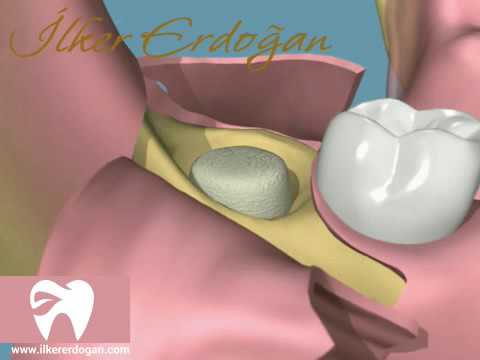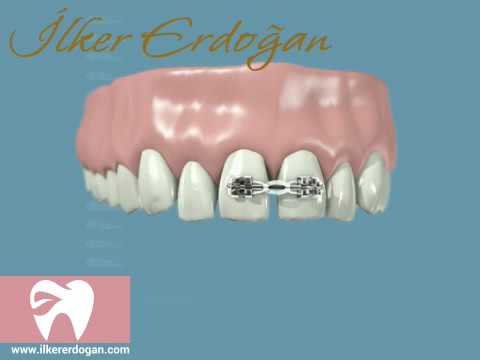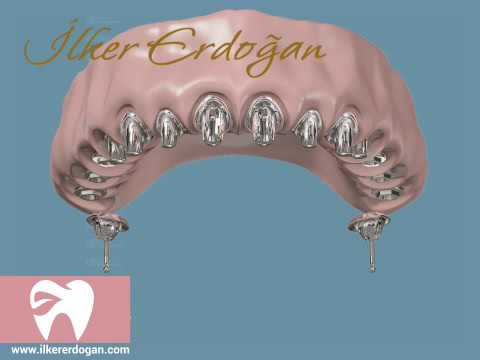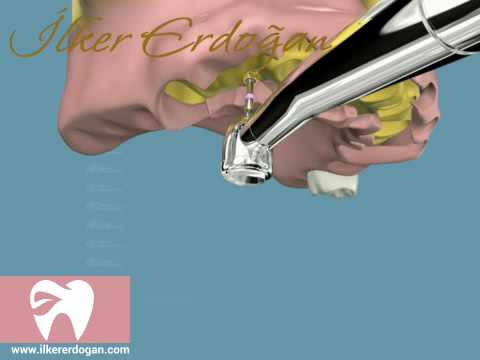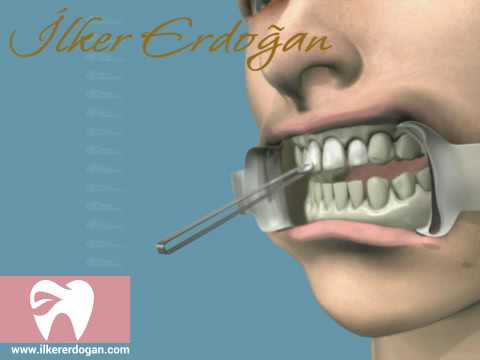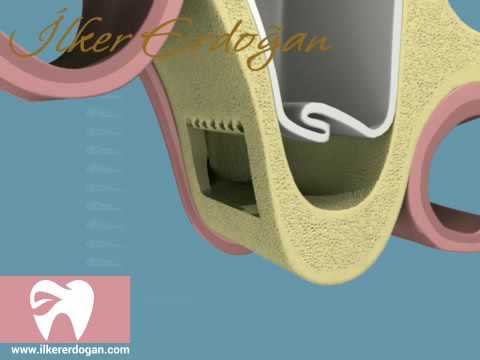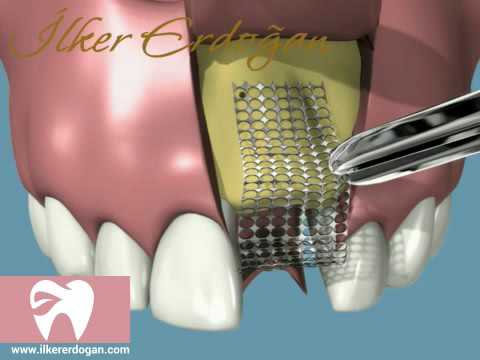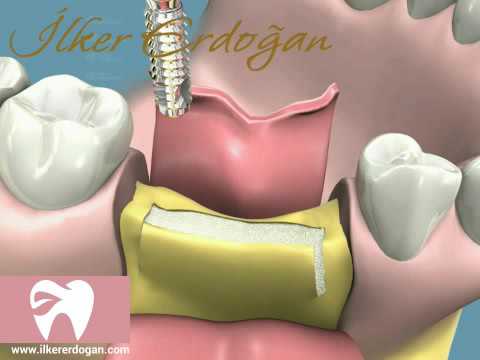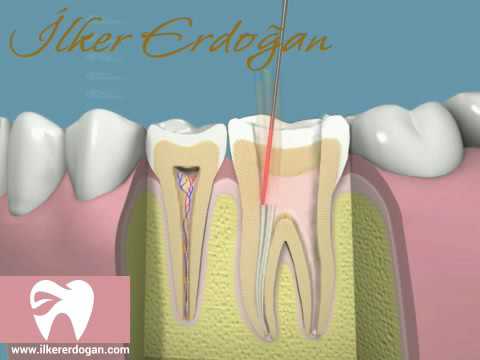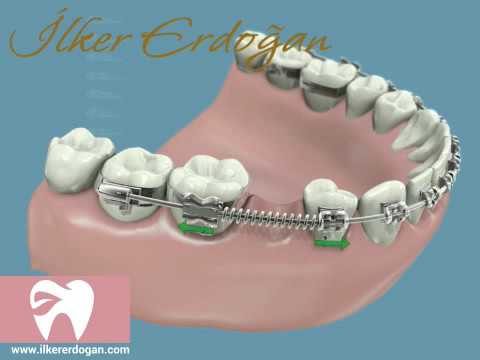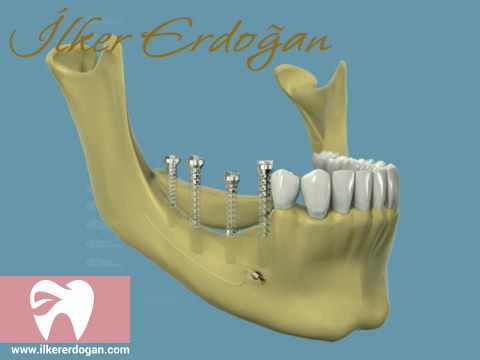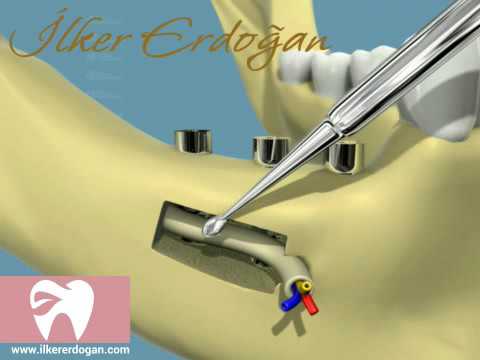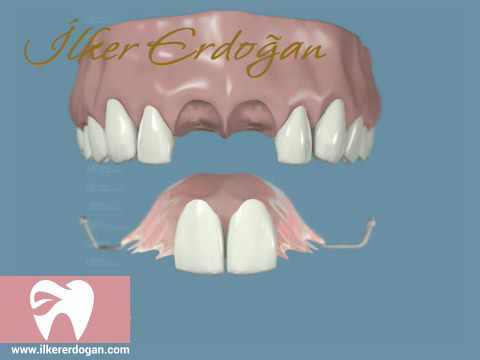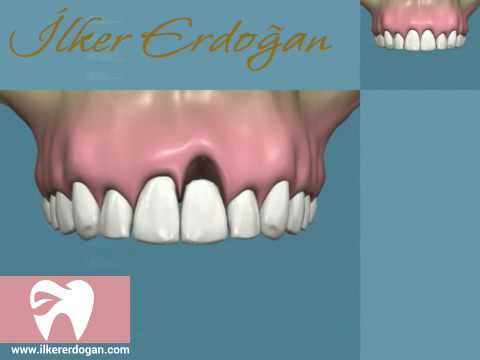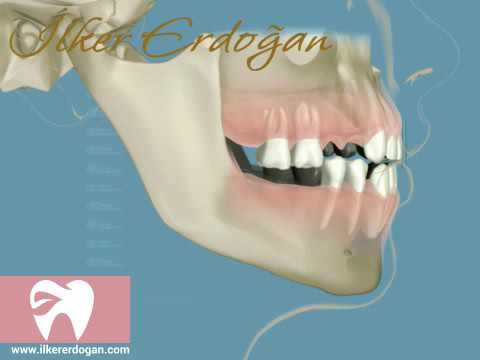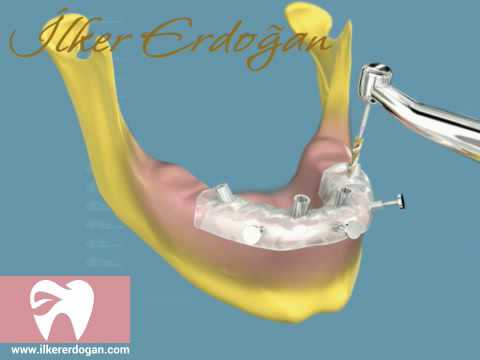Why Is Root Canal Treatment Done To The Tooth?
- Deep bruises, repeated bruises under previously made fillings or crowns (coatings) ,
- Filling or crowns on the teeth after the patient's complaints do not pass,
- Crown / root fractures in teeth caused by impact,
- Damage to the tooth pulp as a result of non-functional movements such as chewing habits of the patient or teeth grinding,
- Advanced gingival diseases or pulp damage after gingival operations,
- Determination that pulp has lost its vitality,
- 20 years of tooth extraction or removal of large cysts in the jaw bone while adjacent teeth,
- Root canal treatment may be required during prosthetic restoration of perplexed teeth.
What Are The Complaints That Require Root Canal Treatment?
- Spontaneous tooth pain,
- Increased pain at night and does not go away even with painkillers,
- Prolonged pain triggered by cold, hot or external factors such as contact with the tooth,
- Swelling around the tooth, gums and / or related lymph glands,
- Fistula or discoloration of the tooth caused by infection of the tooth.
However, teeth that lose their Vitality may not cause any complaints. This condition should not be perceived as lack of need for root canal treatment.
What Are The Stages Of Root Canal Treatment?
- Tooth and surrounding tissues are numbed with regional anesthesia,
- The tooth is isolated from surrounding tissues,
- Endodontic cavity is prepared for entrance to root canals,
- Root canal working length is determined,
- The root canal cavity is reshaped,
- Root canal cavity is cleaned and disinfected,
- Root canals are filled in a sealed way.
During this process, which takes an average of 1 hour, at least 2 radiographs are taken from the tooth. In cases where the tooth loses its vitality, an antiseptic substance should be applied to the root canals after the tooth has been shaped and cleaned during root treatment.
What To Know About Root Canal Treatment
- Root canal treatment does not cause pain; on the contrary, it is applied to relieve pain. The relevant teeth and surrounding tissues are numbed with local anesthesia. During treatment, the patient does not feel pain. In some cases, however, the patient may feel a little discomfort.
- In cases where the patient does not have a general health problem, there is no need for the patient to use antibiotics before the root canal treatment is performed. However, in cases where the patient has a known heart condition, diabetes or immunosuppressive drug use, antibiotics may be required prior to treatment.
- It is essential that the root canal treatment performed on a living tooth pulp is finished in one session. However, the number of Sessions may be two or more when the tooth loses viability, infection is present at the root end and root canal treatment is repeated.
- There is no pain in the tooth against stimuli such as cold or hot after treatment on a tooth with root canal treatment. However, in the first few days following treatment, it is normal to feel mild pain, especially in cases of pressure on the tooth, such as chewing.
Root Canal Treatment Recovery Process
- After root canal treatment, take care not to damage your tongue and lip, which are under the influence of anesthesia.
- Take care not to eat anything for 2 hours after treatment.
- If the teeth are filled during the healing period, avoid eating foods that will cause severe damage in order to increase the healing rate on those sides.
- It is normal and normal to have mild pain after the application.
- If your doctor has given you medication for your pain, do not neglect to use it.
- The healing process can vary from person to person.
- Do not forget to check with your doctor if the placed temporary fillings fall out.



